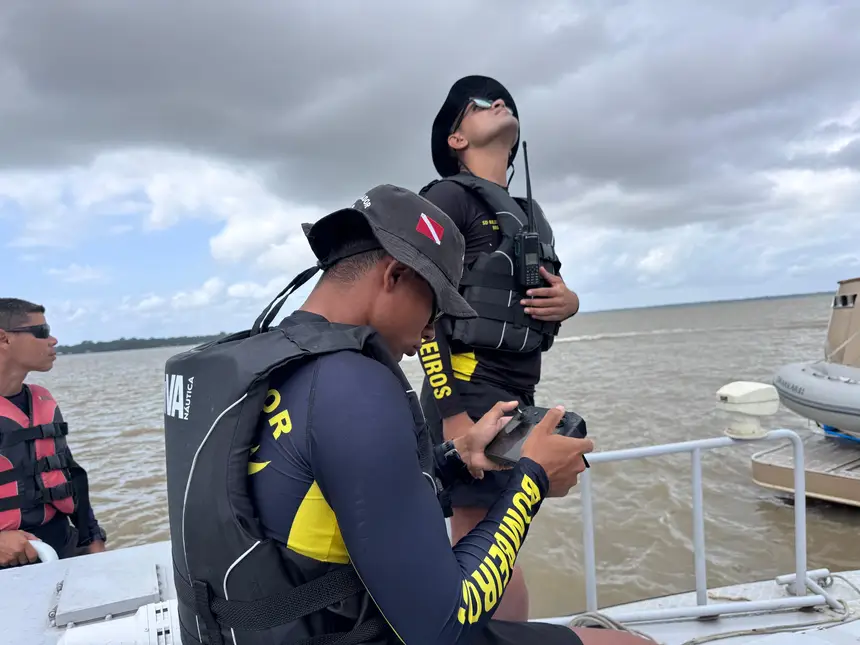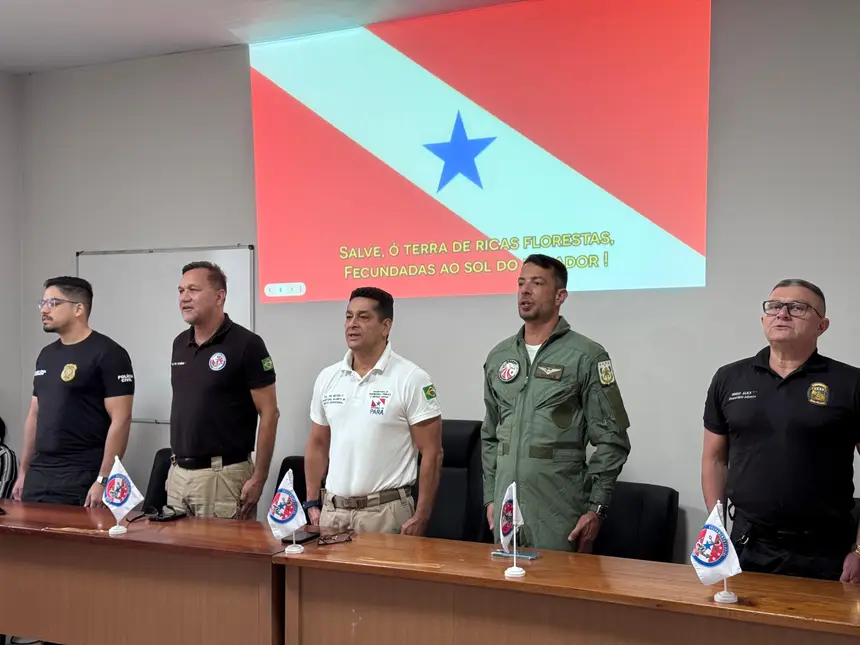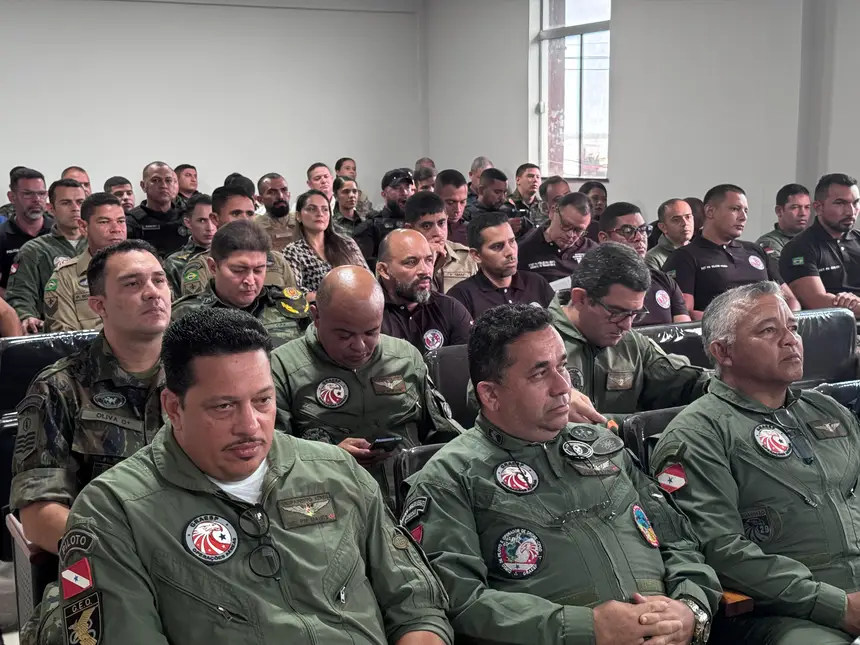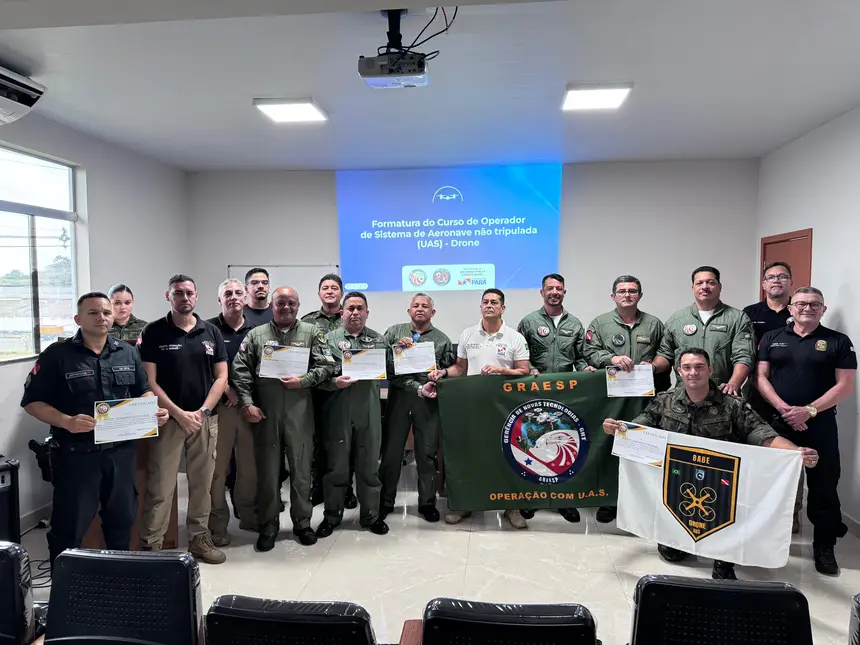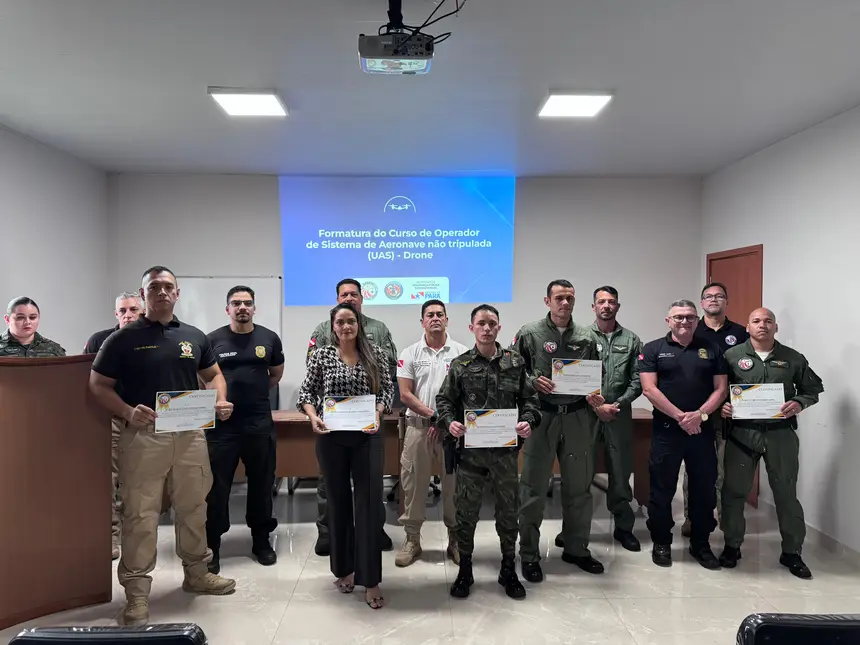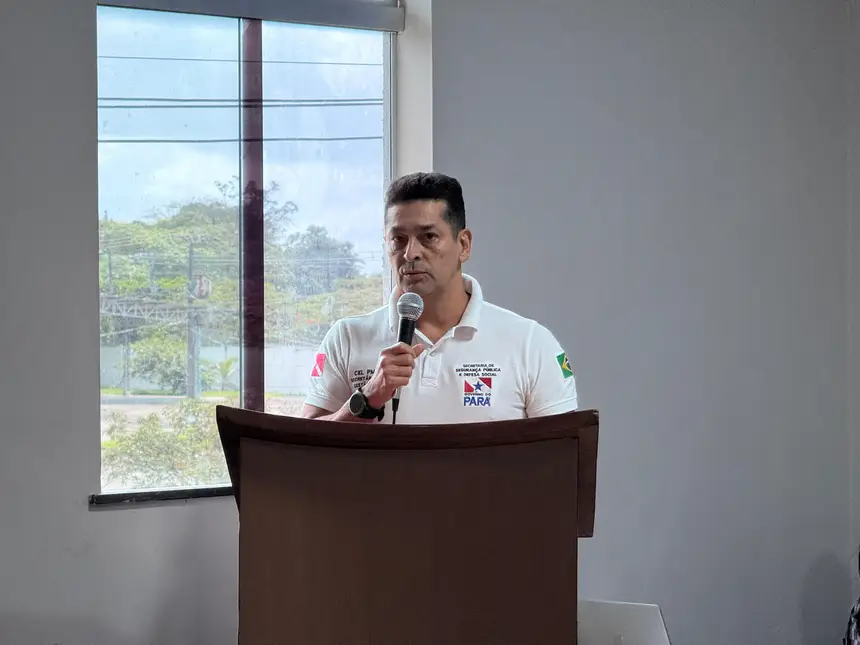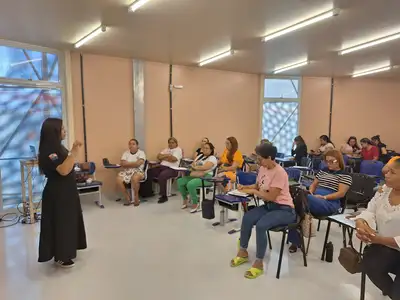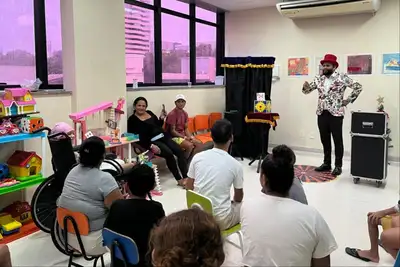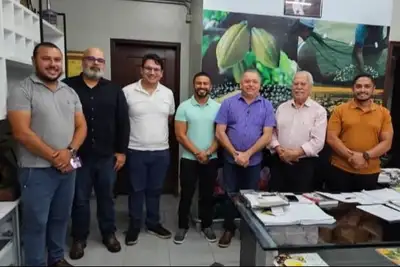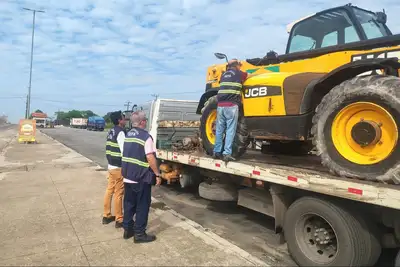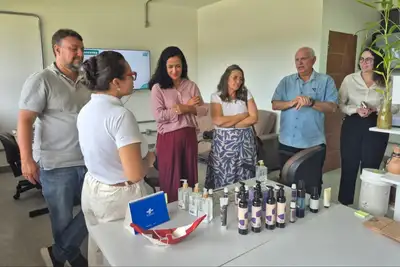Segup concludes qualification of 52 agents to pilot and operate drones in security actions
The course aims to enhance the effectiveness and reach of security agents in missions through the equipment
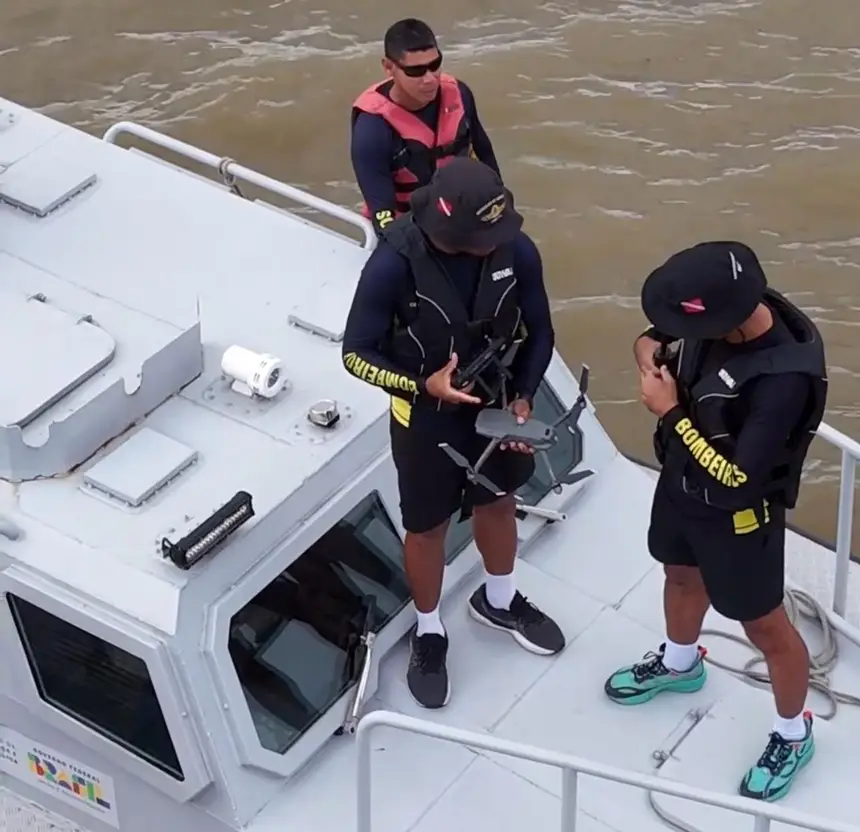
The Secretary of Public Security and Social Defense (Segup), through the Air Group (Graesp) and River Group (GFlu), held on Thursday (04) the ceremony for the conclusion of the Unmanned Aircraft System (UAS) - Drone Operator Course, certifying 52 students who participated in the qualification held in two phases, between August 25 and September 3. The event marks the conclusion of the course and took place in the auditorium of the River Public Security Group in Belém.
Presiding over the ceremony, the operational deputy secretary of Segup, Col. PM Sérgio Neves, emphasized the importance of the qualification for the improvement and the effort of all participants during the training period.
“I want to thank all the graduates of the course for their dedication in yet another training with the collaboration of the integration of the State's security forces, and I ask that you dedicate this achievement to your families, who knew how to give up their presence at home for the sake of training and improving their capabilities in service to society. And I reiterate that by putting into practice what was learned in the classroom and in the practices, we can continue with the same dedication combating, with more speed and efficiency, any criminal practice throughout the State,” said the operational deputy secretary.
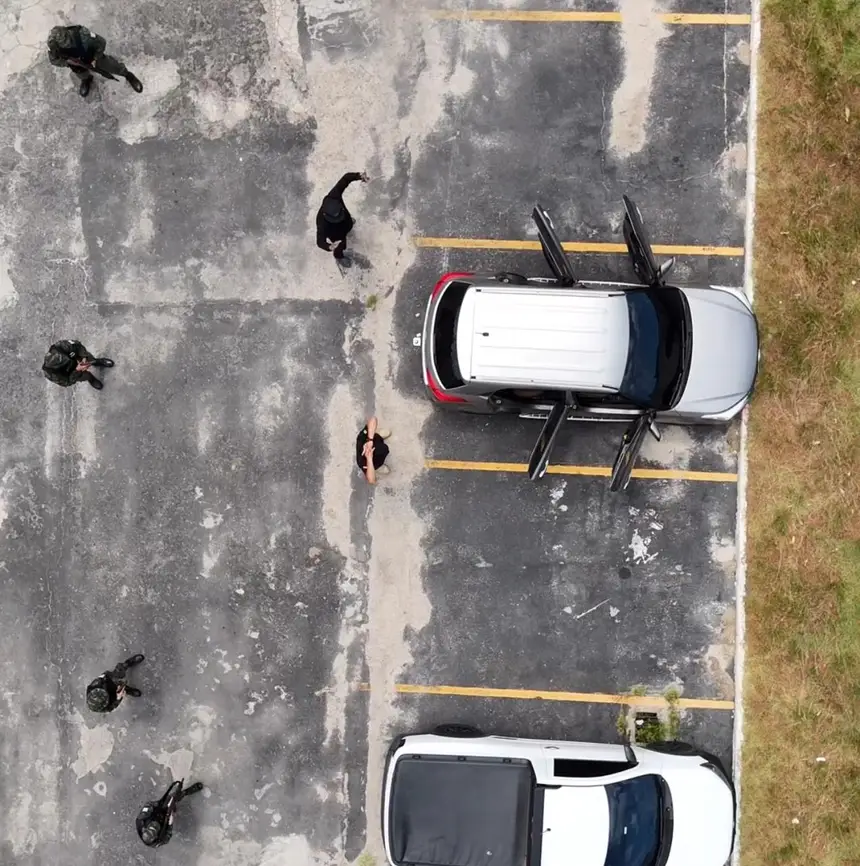
First stage - The first phase of the qualification was held between August 25 and 29, with theoretical and practical classes, with a workload of 60 hours, addressing themes such as: exploring the use of the equipment in missions to combat deforestation, traffic, and mapping difficult-to-access areas, among other necessary instructions for action in security operations. The practical classes developed skills on flight types, with adequate training and knowledge of equipment, in addition to flight improvement, night flight, and geoprocessing in flight.
Second stage - After the theoretical and practical classes, the second phase of the course began, between September 1 and 3, with simulation activities for agents operating in the river network, specifically training actions that enable the swift use of the equipment in river operations.
For Col. PM Mauro Maués, who is part of the pilot team of the Public Security Air Group and is responsible for managing new technologies and one of the course trainers, the qualification reinforces the Government's commitment to the use of new technologies.
“Today we concluded the drone training, which is of utmost importance for police activities, thus reaffirming the State Government's commitment to working with new technologies, ensuring all support and technique for the operators. So, from this qualification, we can perform our activities successfully and safely, acting at the levels of command, coordination, and control,” stated Col. Maués.
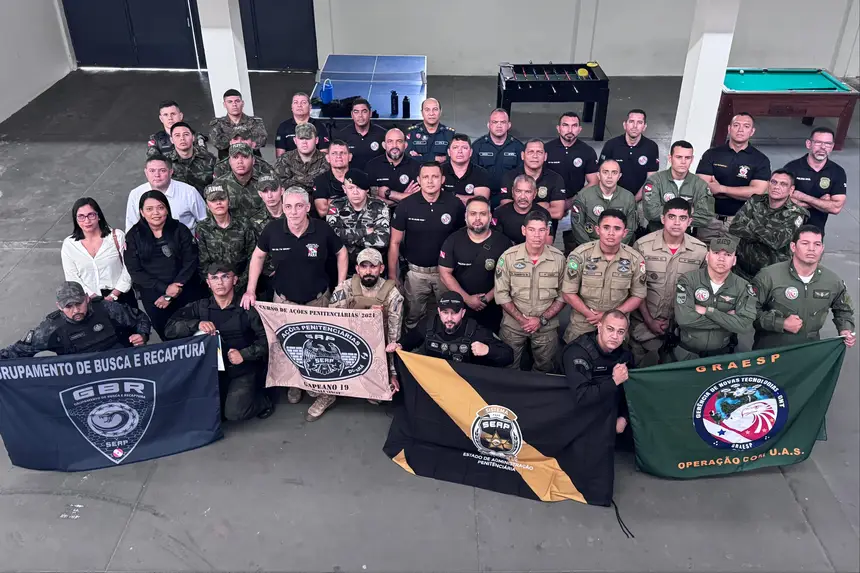
For soldier Elias da Silva Lobato, from the Independent River Police Company, the drone course was essential for improving techniques for using the equipment.
“The equipment is essential for operational service, ensuring more safety and good efficiency for the progress of the service; the drone has a much greater range than the personnel themselves and can conduct a survey well in advance, thus ensuring the safety of all, so that when positioning on the ground, the drone has already conducted a prior survey, visualizing if there are armed elements, how many there are, if they fled, if they did not escape. Additionally, it can check issues such as deforestation, fires, and the preservation of the environment as a whole, in the way we use it in the river company,” he added.
Participants in the course included servers from the River Group, Fire Department, Military Police, Civil Police, SEAP, and the Court of Justice (TJPA).
Text: Rubens Alves, under the supervision of Roberta Meireles.


